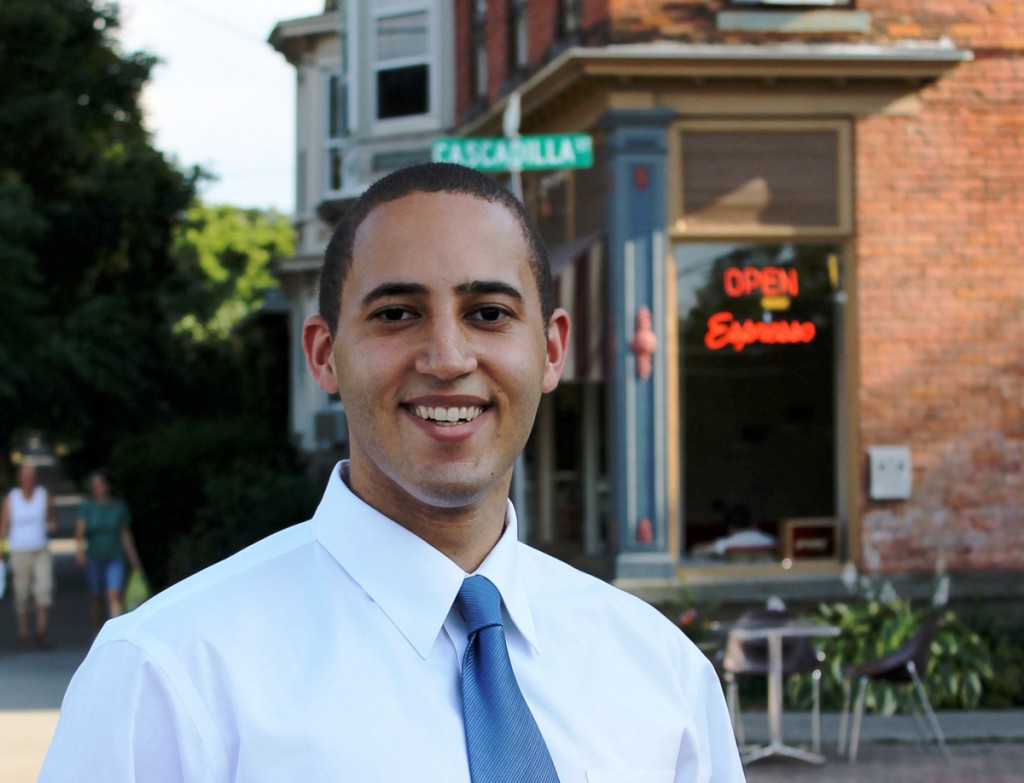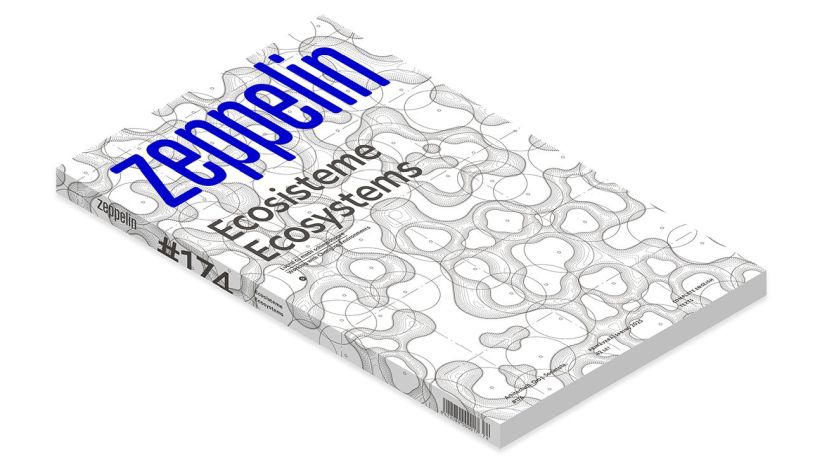Text: Ștefan Ghenciulescu
Svante Myrick is 27 years old and he has been for three years the Mayor of Ithaca , New York. He sold his car and speaks enthusiastically about the dense city, accesible on foot. He also balanced the budget, brought investors and cut down taxes, and his city recorded the highest job‑growth rate in the state.
There is a kind of bias rooted around here, including among many architects: that if you pay a little more attention to ecology, public transport and bicycles you suddenly are against development, old fashioned, romantic, idealistic, utopian and so on. Of course, this is due to some passionate and occasionally naive standpoints, and also because criticism is still not accompanied by alternative proposals.
In addition, our green supporters often lack a complete vision, including in terms of space: for example, most of them would probably be shocked to learn that individual housing is the worst ecological housing model.
But our administrations and – it must be said – a good many urban planners remain in an ultra‑liberal paradigm belonging to the 60s and 70s. Despite clear evidence that chaos ultimately drives away serious investors, while quality of life (which also pertains to comfortably walking on the sidewalks, cultural life or clean air) plays a major role in the decision of many companies or bright individuals to settle in one place.
The American model is among the most cited ones in defense of urban highways and derogatory urbanism. Beyond the fact that Americans, indeed, have few but strong rules, even their postwar development model, imported at some point by everyone, is changing rapidly.
And it’s not just a handful of hipsters (another word turned derogatory since it became linked to the city), but a movement with solid community and economic grounds.
Svante Myrick, previously mentioned, is the perfect example of such a visionary pragmatism. He had a hunch (or maybe was well advised) that density is not only sustainable, saving space, networks, etc., and making public transport more efficient, but that it has a major economic potential. Instead of everybody building in all directions, smart zoning allows a center with very high index, thus attracting, negotiating, assuming rules, instead of rather ineffective laws or total permissiveness. In addition, when he found that many of the buildings built as a result of these incentives will be hotels, the Mayor immediately started a training program for jobs in the hospitality industry. The program is in partnership with Cornell University (and yes, it is a huge advantage to have a world renowned university in your city), and investors have agreed to hire the people who went to these classes. This is a program designed for the integration of disadvantaged young people in the city (the mayor himself having been a child with very modest means of living).
It’s just an example of a smart strategy, doubled with patience and strong symbolic gestures. Learn more about Myrick on the town’s website or in a recent article in the Washington Post. You will become more melancholic, in our Romanian context, finding that he has risen not with NGO background and support, but from politics. Or perhaps that will make us more optimistic, why not? Yes, they can. Maybe we, too, can build ourselves some better mayors.


